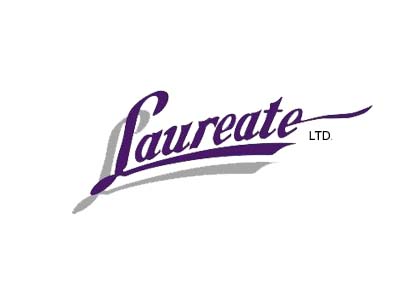Did you know that according to a recent study, nearly 36% of Americans are renters? If you're thinking of joining the ranks of rental property owners, it's important to understand the ins and outs of rental property mortgage rates. These rates are typically higher than those for primary residences, which can catch some first-time investors off guard.
However, by understanding how these rates work and what factors affect them, you can make informed decisions when investing in real estate. In this article, we'll explore four vital things to keep in mind when it comes to rental property mortgage rates, so you can invest with confidence.
1) Rental Property Mortgage Rates Are Different from Primary Residence Mortgage Rates
As mentioned earlier, investment property mortgage rates tend to be higher than those for primary residences. This is because lenders view rental properties as riskier investments. They assume that if you encounter financial difficulties, you're more likely to default on a rental property mortgage than your primary residence mortgage.
As a result, you'll typically need to have a higher credit score. Or, a larger down payment is needed to qualify for a rental property mortgage with a reasonable interest rate.
2) Your Credit Score Matters
Your credit score is one of the most important factors lenders consider. If you have a low credit score, you'll likely face higher interest rates. This can add up to thousands of dollars in extra interest over the life of your loan.
To improve your credit score:
- Pay down debt
- Make all your payments on time
- Dispute any errors on your credit report
3) Down Payments Can Be Higher
Lenders generally require a higher down payment for rental properties than they do for primary residences. This is because they view investment properties as riskier investments. They want to ensure you have more skin in the game.
A larger down payment also means you'll have more equity in the property, which can be helpful if you need to sell or refinance the property down the road.
4) Cash Flow Is Key
Finally, when investing in rental properties, it's important to remember that cash flow is key. Your property needs to generate enough rental income to cover your mortgage payment, property taxes, insurance, and maintenance expenses. If you're not generating positive cash flow, your investment may not be worth the risk.
Before investing in a rental property, crunch the numbers and make sure the property is likely to generate positive cash flow. This will help you ensure that you're making a wise investment.
Don't Let Rental Property Mortgage Rates Catch You Off Guard
Investing in real estate can be a smart financial move, but it's important to understand how rental property mortgage rates work before jumping in. Remember, these rates are typically higher than those for primary residences, so you'll need to be prepared to make a larger down payment and have a solid credit score to qualify for a reasonable interest rate.
Additionally, don't forget that cash flow is key when investing in rental properties. Crunch the numbers before you buy to ensure that you'll generate positive cash flow and that the investment is worthwhile.
If you're ready to invest in Denver real estate, our full-service property management company is here to help. We can assist you in finding the right property, managing it, and making your investment a success.
Contact us at 303-692-9200 to get started today. And for more great tips on buying an investment property, be sure to check out our buyer resources.



